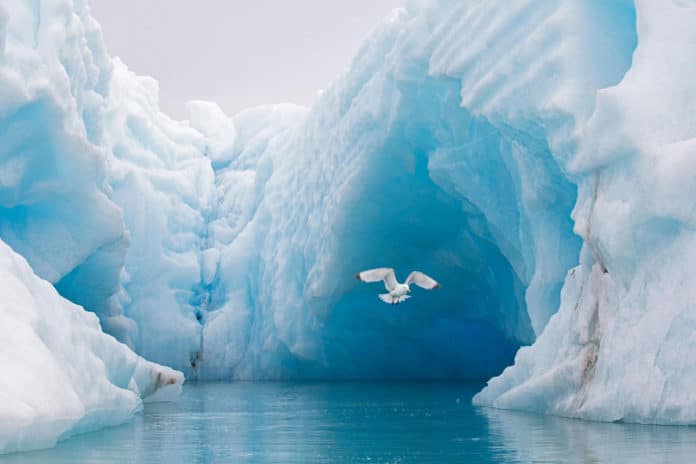Most of the Arctic Ocean is covered by ice throughout the year—although that is starting to change as temperatures climb. Despite being the world’s smallest ocean, the Arctic ocean is gathering unprecedented international attention.
The Arctic Ocean is warming faster, and scientists from worldwide are trying to understand the impact of climate change on the ocean.
One of the studies by the UCLA Climate scientists suggests that the ocean could lose all the ice sometime between 2044 and 2067. Satellite observations show that since 1979, the amount of sea ice in the Arctic in September has declined by 13 percent per decade.
However, scientists have been endeavoring to foresee the future of Arctic ocean ice for several years, depending on a variety of global climate models that simulate how the climate system will react to the entirety of the carbon dioxide entering the atmosphere.
Be that as it may, the models’ predictions have differed broadly. Among the current generation of models, some show ice-free Septembers as ahead of schedule as 2026; others propose the phenomenon will start as late as 2132. This new study focuses the predictions to 25 years.
Study’s lead author is Chad Thackeray, an assistant researcher at the UCLA Institute of the Environment and Sustainability’s Center for Climate Science said, “One reason predictions about sea ice loss diverge so much is that they differ in how they consider a process called sea ice-albedo feedback, which occurs when a patch of sea ice completely melts, uncovering a seawater surface that’s darker and absorbs more sunlight than ice would have. That changed in the surface’s reflectivity of sunlight, or albedo causes greater local warming, which in turn leads to further ice melt.”
During the study, scientists primarily determine which models are generally practical in how they weigh the impacts of sea ice-albedo feedback, which they figured would lead them to the most realistic projections for sea ice loss. Scientists found that the sea ice-albedo feedback not only happens over long periods due to climate change; it also happens every summer when sea ice melts for the season.
Scientists assessed 23 models’ depiction of seasonal ice melt between 1980 and 2015 and compared them with the satellite observations. They retained the six models that best captured the actual historical results and discarded the ones that had proven to be off base, enabling them to narrow the range of predictions for ice-free September in the Arctic.
Thackeray said, “Arctic sea ice is a key component of the earth system because of its highly reflective nature, which keeps the global climate relatively cool.”
“The changes to come will have broad environmental, ecological, and economic implications. By reducing the uncertainty in when we’ll see those changes, we can be better prepared.”
The study was published in Nature Climate Change.
